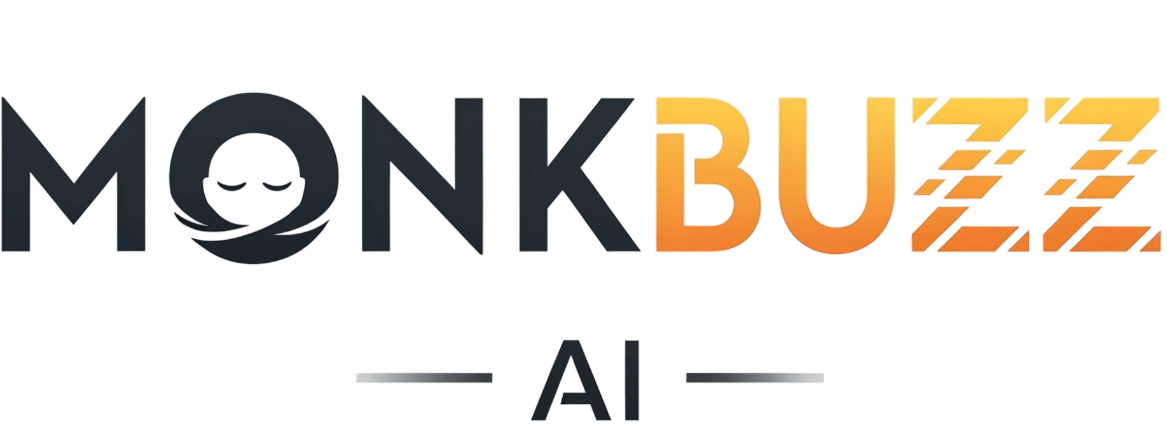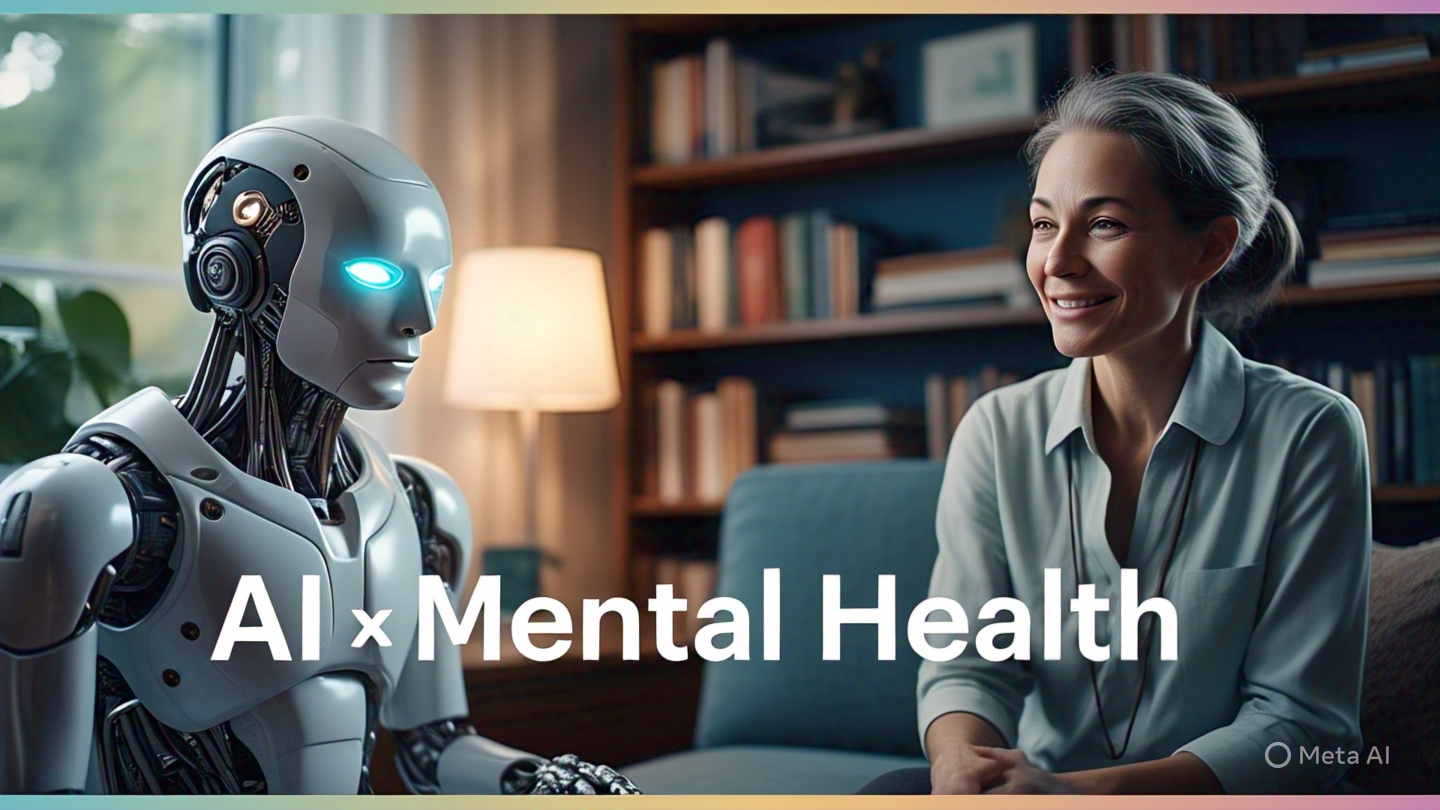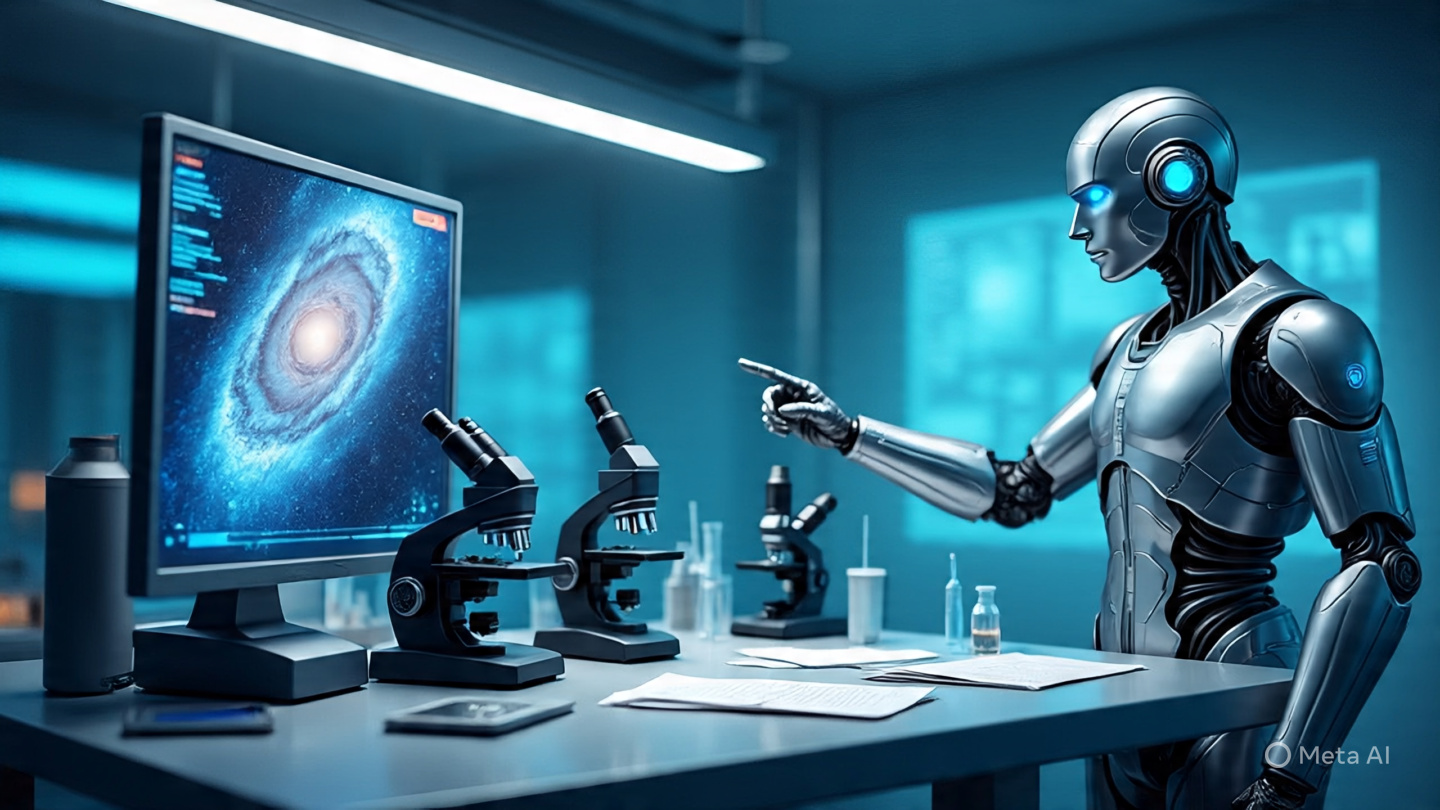Let’s be honest; at last mental health is getting the focus it merits. And now artificial intelligence is also entering the dialogue.
Still, the major question is this one: Can a machine actually assist with something as human as emotions?
Talking to a chatbot about your anxiety? Receiving mindfulness reminders from an app? Sounds odd, right? It’s occurring, though, and surprisingly many are benefiting from it.
Let’s discuss 2025’s possibilities, what to watch out for, and how artificial intelligence and mental health are linking together as well as whether machines can really help us feel better.
Table of Contents
ToggleWhat AI For Mental Health Is Already Doing
Believe it or not, artificial intelligence is already assisting millions of people—occasionally without even realizing it—in maintaining their mental health.
Here is how:
- Therapy and support AI chatbots AI-based emotional support chatbots abound among Wysa, Woebot, and Youper. You talk with them; they help you negotiate stress, anxiety, or grief. Built using CBT (Cognitive Behavioral Therapy) frameworks, they are. You can chat to them any time, even 2 a.m. meltdowns. I had a bad day and only wanted to vent. Wysa quickly answered and five minutes helped me to reframe my ideas.
- Mood tracking and journaling applications Reflectly and Replika, two artificial intelligence tools, examine your mood over time. Their personalized insights depend on your writing patterns. Some even foresee emotional triggers before you.
- Meditations, Sleep, and Mindfulness Tools AI is used by apps like Headspace and Calm nowadays to suggest personalized routines: Not sleeping well? AI changes your meditative bedtime. Feeling overworked? It organizes brief, soothing material especially for you.
Can a Machine Actually Grasp Us?
Let’s be honest: while artificial intelligence is strong, it is not a therapist.
AI can:
- Understand your emotional patterns.
- Recommend useful workouts.
- Grant you room to discuss or speak.
- Maintain your consistency in self-care.
AI cannot, nevertheless:
- Substitute human empathy.
- Pick up on every one of your emotional subtleties.
- Provide real person therapy with deep healing like nature.
Still, especially if counseling is costly, intimidating, or not easily available, for many people AI is the first step toward recovery.
The Benefits and Drawbacks of Artificial Intelligence in Mental Health
Benefits:
- No appointment required
- 24/7 availability
- Low-cost or free
- Private and free of judgment
- Early support and daily maintenance will benefit from this.
Drawbacks:
- Needs more genuine human compassion.
- Cannot tolerate crisis circumstances.
- Some tools may gather personal information; always verify privacy regulations.
Use artificial intelligence tools as a support system rather than a replacement. See them as your emotional gym companion, not your therapist.
Beginning (Gently) AI for Mental Health:
That’s fine if you are curious but cautious. Start softly in this small way.
- Start with a mood journaling app such as Reflectly or Daylio. Simply jot down your daily feelings. Have the app display patterns.
- Chat with a Wysa or Youper chatbot. Imagine it like having a conversation with a cool, impartial buddy.
- Use Calm or Headspace’s artificial intelligence-based daily routines. These help you based on your mood navigate breathing, meditation, or sleep.
- Investigate artificial intelligence coaching applications like Mindsera. Some solutions—driven by artificial intelligence—combine journaling, mindset coaching, and productivity.
AI can assist, but you are still the healer.
Therefore, can machines truly assist us in mood enhancement?
Yes—if we use them wisely. Though it is not a panacea, artificial intelligence can help you along your path of mental health. It will help you:
- Know your patterns.
- Develop routines.
- Control your thoughts.
- And create room for healing.
Just keep in mind: you still heal. AI is only a clever walking companion tool.
What Do You Think?
Would you try an AI therapy app? Drop a comment; I would like to hear your narrative or response any inquiries!




